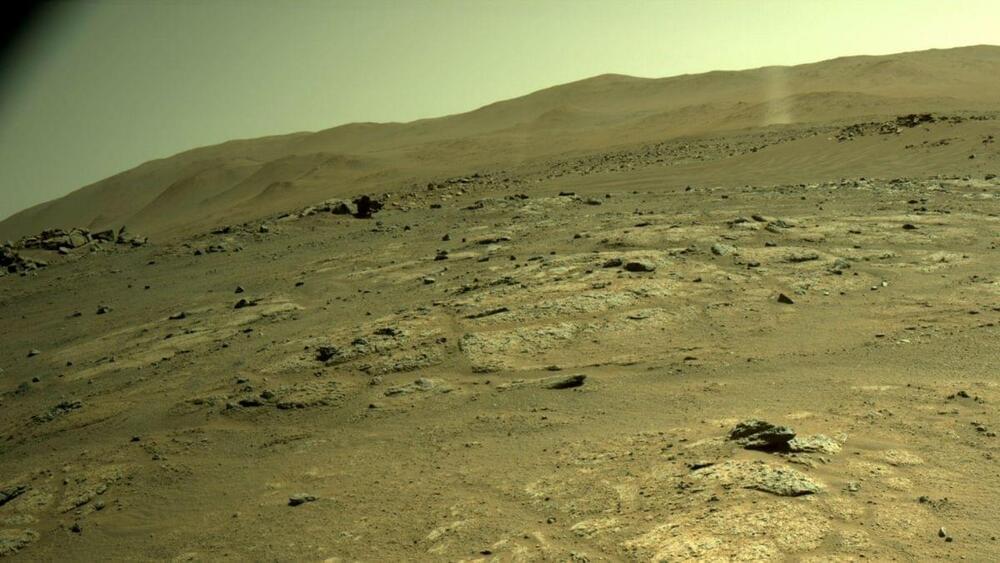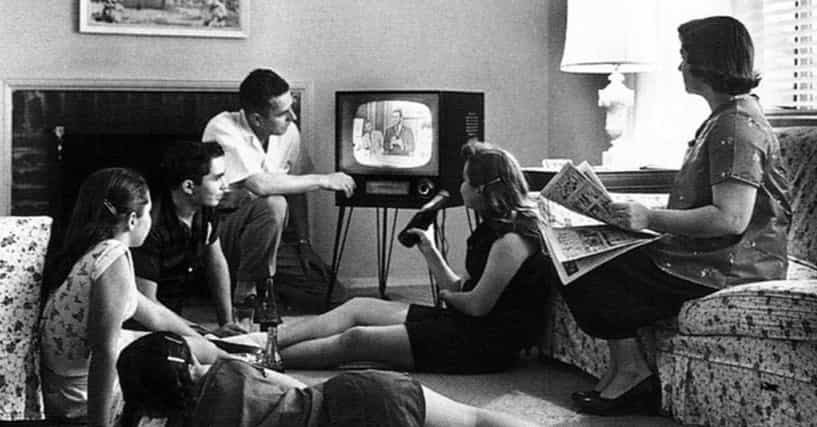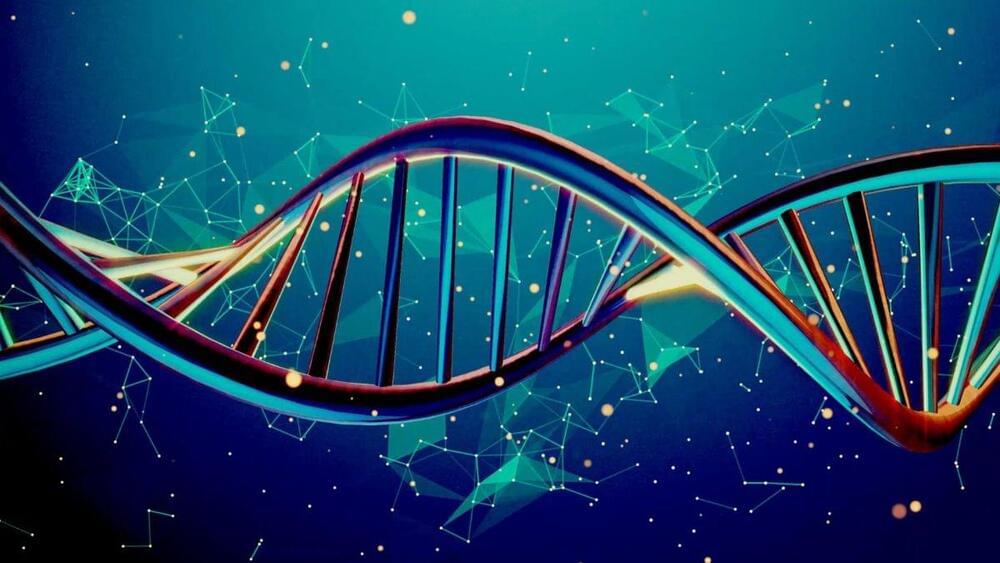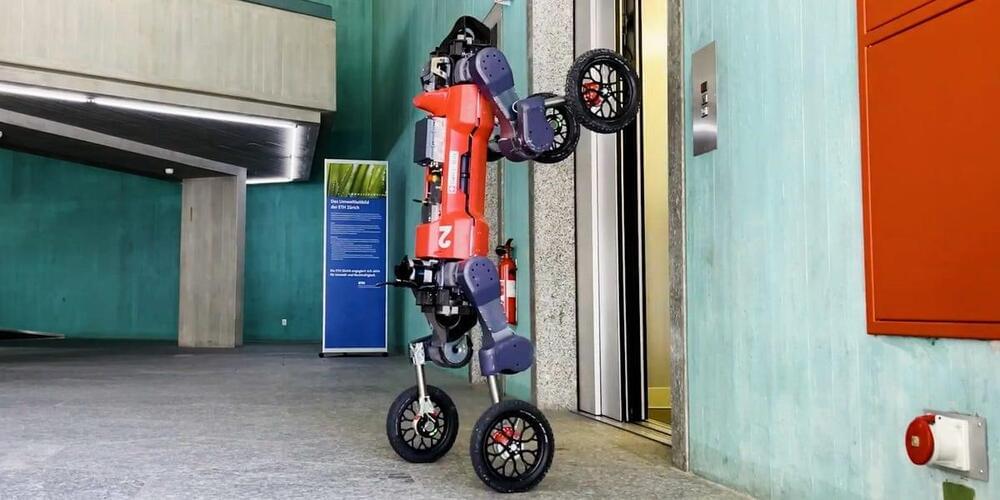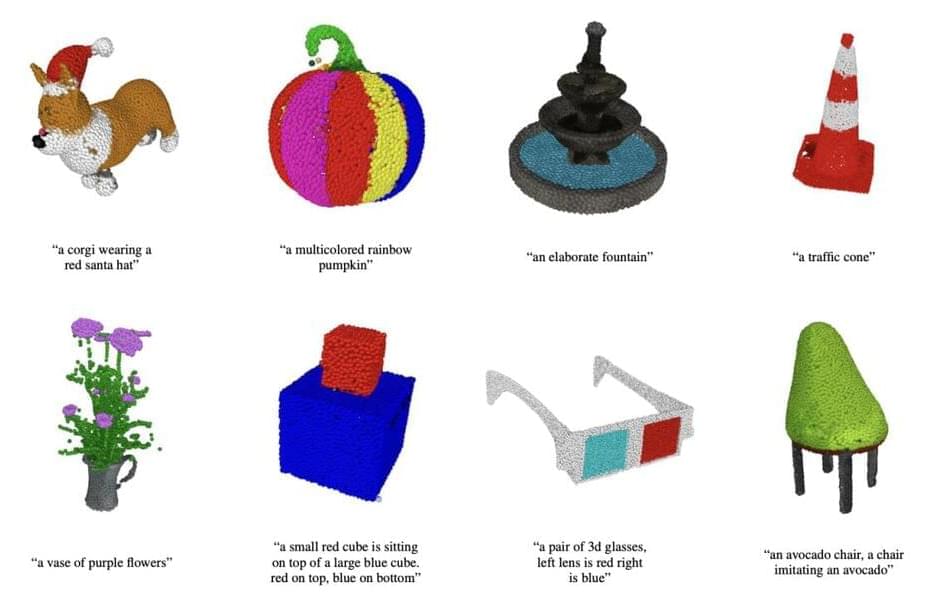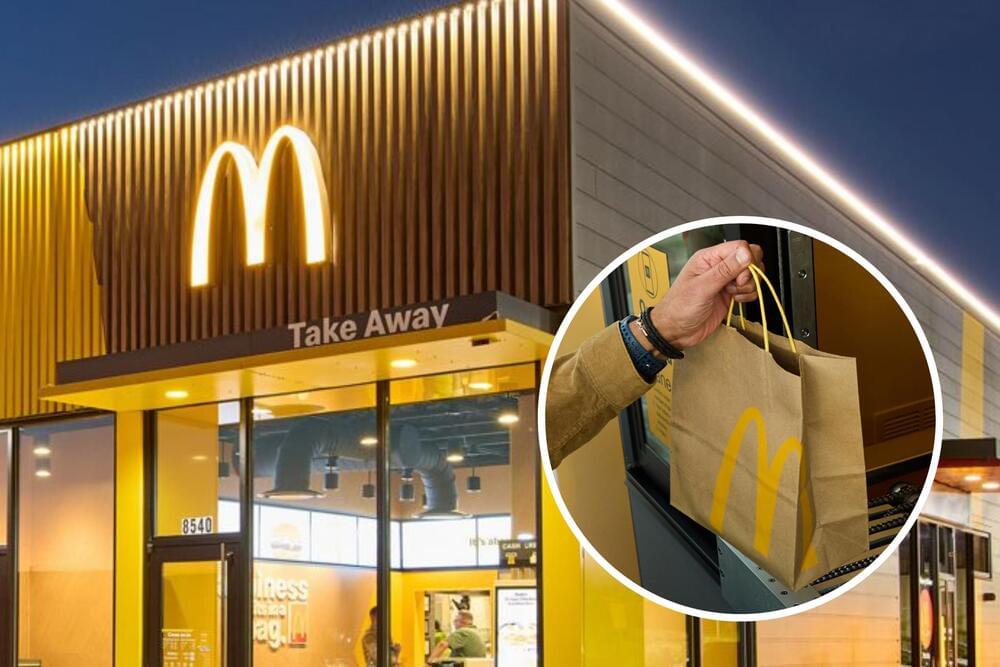An interesting thing is happening at SpaceX. Last year they did $2 billion in revenue and Elon had mentioned that at most they could do $3 billion/year in revenue launching stuff for others.
But SpaceX has now exceeded one million subscribers for Starlink which equals to about $2 billion/year in additional revenue. So it is likely that next year that the majority of SpaceX’s revenue will be coming from Starlink even though SpaceX is launching more stuff for customers than ever before.
Starlink’s revenue should also skyrocket once Starship is able to launch Starlink 2.0 satellites which will happen at some point next year.
Elon Musk’s SpaceX announced that its Starlink satellite internet service provider has over a million active subscribers.
‘Starlink now has more than 1,000,000 active subscribers — thank you to all customers and members of the Starlink team who contributed to this milestone,’ the official SpaceX Twitter account wrote on Monday.
The news comes at the end of a year in which the service, which provides low-latency, high-speed internet at an affordable cost — often to remote areas without existing WiFi-has expanded to yachts, cruise ships and RVs.

